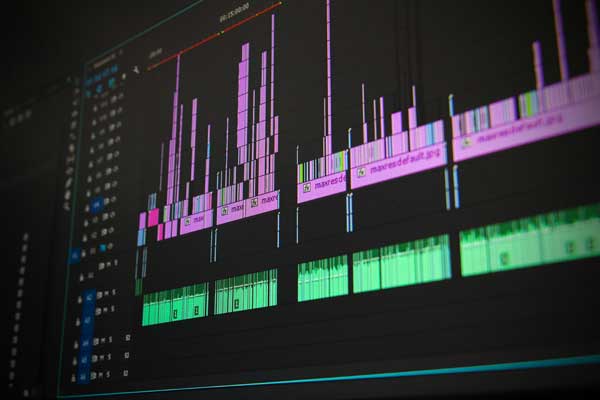Spotify embroiled in copyright infringement lawsuit

[An image of composing MIDI music. Photo Credit to Pexels]
On May 15, Variety reported that Spotify is facing significant legal challenges after receiving a cease-and-desist letter accusing it of copyright infringement linked to its new video and remix features.
The National Music Publishers Association (NMPA) claims Spotify has violated copyright laws with its latest features that integrate videos and remixes.
According to the NMPA, these features use copyrighted music without proper permissions and accuses Spotify of unauthorized reproduction, synchronization, display, and derivative use of protected music.
They argue that Spotify's actions directly violate copyright, robbing artists and publishers of deserved compensation.
The NMPA asserts that Spotify bypassed necessary licensing agreements, which allowed it to use the music without compensating or obtaining consent from the rights holders.
In response, a Spotify spokesperson defended the company’s practices, emphasizing its substantial payments to publishers and societies in 2023, with projections for even larger payouts in 2024.
This dispute highlights the complexities of copyright management in the digital music industry.
As platforms continue to add multimedia elements, the challenge of handling music rights grows, increasing legal scrutiny.
Spotify is not alone in facing these challenges; copyright disputes are on the rise across the industry.
Just one day before this news, Bloomberg reported a similar lawsuit against Twitter.
The NMPA sued Twitter for using music without permission, impacting many artists.
The lawsuit claims Twitter used about 1,700 songs without proper authorization, representing major players like Sony Music and Universal Music Publishing.
They seek up to $150,000 in damages for each unlawfully used song.
Their legal filings specifically noted widespread copyright violations on Twitter since Elon Musk's acquisition.
Platforms like YouTube, Meta, and TikTok invest heavily to secure music rights, with YouTube spending over $6 billion last year on content licensing.
This situation underscores the importance of investing in music rights and highlights the need for a strong commitment to ethical standards in the digital music business.
Globally, there is a dire need for clear policies and rigorous enforcement to protect the rights of creators and maintain the integrity of the music industry.
Anghami, known as the 'Spotify of the Middle East,' faced a copyright infringement lawsuit in March, highlighting similar issues in other regions.
The ongoing legal cases and changing industry dynamics demonstrate the need for effective copyright management systems.
These systems protect artists' work and ensure they receive fair compensation.
These disputes impact not just the companies involved but also shape broader copyright enforcement and the music industry’s economic framework.
They call attention to the urgent need for clear, enforceable policies that adapt to technological advances.
Enforcing copyright in the digital age is increasingly complex as new technologies blend and repurpose content in unprecedented ways.
According to the Mechanical Licensing Collective, “the industry must evolve. It needs legal frameworks that recognize and adjust to these technological changes.”
These frameworks must protect creators' rights and ensure they are fairly compensated while also fostering innovation and respecting intellectual property.
Maintaining this balance is crucial for maintaining creative freedom and encouraging industry growth.

- Sunwoo Park / Grade 9
- Korea International School, Jeju

![THE HERALD STUDENT REPORTERS [US]](/assets/images/logo_student_us.png)
![THE HERALD STUDENT REPORTERS [Canada]](/assets/images/logo_student_ca.png)
